Zurich is the principal city in Switzerland. It was first settled by Romans, who called it Turicum, in 15 BC. The settlement was well situated for commerce, where the river Limmat meets a lake. It also afforded easy passage between the Alps and the Rhine. The same factors that made the settlement an important Roman customs post left it vulnerable to attacks from Germanic tribes.
Around the 5th Century AD, the Roman Empire was unraveling. The city fell under control of the Alemanni, a Germanic people from northeastern Europe. In the 8th century, Franks took power from the Alemanni and Zurich became part of Charlemagne’s Holy Roman Empire. In the 9th century, an important church and abbey, the Fraumünster, were built. Hildegard, the abbess of Fraumünster, was Charlemagne’s great-granddaughter. Hildegard’s family ties kept the abbey and surrounding area safe from attacks. Fraumünster became an important center for religious learning. In 8th-century Zurich, artisans and merchants prospered. Artisans, however, lacked representation in city government. Artisan guilds, under Rudolf Brun, overthrew the city council on June 7, 1336. Artisans took control of half of the seats in the city council. This half-and-half power structure remained in place until the 19th century.
In the 1520s, Zurich played a key role in the Protestant Reformation. Leading Swiss reformer Huldrych Zwingli preached at Grossmünster, the city’s main church. Protestant loyalists came to Zurich in droves, lending it importance in the Reformation movement. In the 19th Century, scientific development took center stage in Zurich. In 1833, the University of Zurich was created by uniting theology, jurisprudence and medicine schools. It was the first university not founded by a king or church. In 1855, a polytechnic institute was founded. A number of Nobel Prize winners studied in Zurich, including Albert Einstein. Switzerland was neutral in both world wars and Zurich attracted intellectuals fleeing war-torn nations. During World War One, avant-garde artistic movement Dadaism was founded in Zurich by Romanian poet Tristan Tzara and German artist Hans Arp. During World War Two, Switzerland became a financial center. The Swiss Franc became the only currency accepted by all of the nations at war. War years laid the foundation for Zurich’s later success as a banking and financial capital. Today, the city houses Europe’s leading gold market.
Around the 5th Century AD, the Roman Empire was unraveling. The city fell under control of the Alemanni, a Germanic people from northeastern Europe. In the 8th century, Franks took power from the Alemanni and Zurich became part of Charlemagne’s Holy Roman Empire. In the 9th century, an important church and abbey, the Fraumünster, were built. Hildegard, the abbess of Fraumünster, was Charlemagne’s great-granddaughter. Hildegard’s family ties kept the abbey and surrounding area safe from attacks. Fraumünster became an important center for religious learning. In 8th-century Zurich, artisans and merchants prospered. Artisans, however, lacked representation in city government. Artisan guilds, under Rudolf Brun, overthrew the city council on June 7, 1336. Artisans took control of half of the seats in the city council. This half-and-half power structure remained in place until the 19th century.
In the 1520s, Zurich played a key role in the Protestant Reformation. Leading Swiss reformer Huldrych Zwingli preached at Grossmünster, the city’s main church. Protestant loyalists came to Zurich in droves, lending it importance in the Reformation movement. In the 19th Century, scientific development took center stage in Zurich. In 1833, the University of Zurich was created by uniting theology, jurisprudence and medicine schools. It was the first university not founded by a king or church. In 1855, a polytechnic institute was founded. A number of Nobel Prize winners studied in Zurich, including Albert Einstein. Switzerland was neutral in both world wars and Zurich attracted intellectuals fleeing war-torn nations. During World War One, avant-garde artistic movement Dadaism was founded in Zurich by Romanian poet Tristan Tzara and German artist Hans Arp. During World War Two, Switzerland became a financial center. The Swiss Franc became the only currency accepted by all of the nations at war. War years laid the foundation for Zurich’s later success as a banking and financial capital. Today, the city houses Europe’s leading gold market.
RELATED


VIENNA


SHEPHERD'S PIE


SHANGHAI
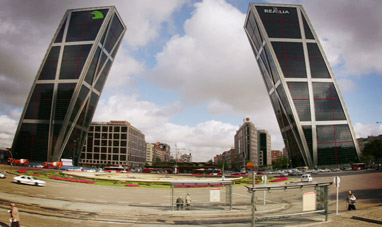

MADRID


CARIBBEAN CUISINE


RATATOUILLE


NEW YORK
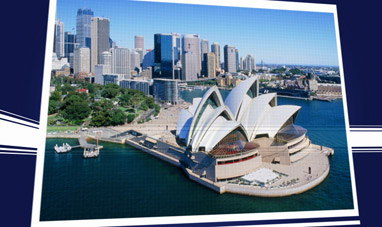

SYDNEY OPERA HOUSE


CHINESE CUISINE


AMSTERDAM
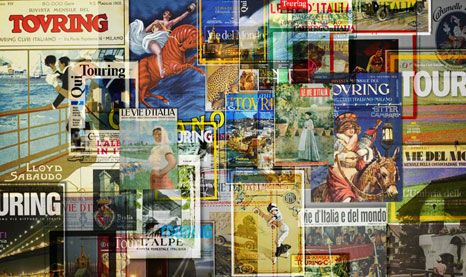

ITALIAN TOURING CLUB


GOULASH


BAVARIAN CUISINE


SEPPIOLINE WITH PEAS


RABBIT ALLA CACCIATORE


GREEK CUISINE


NEW DELHI


BEIJING


ROMAN-STYLE ARTICHOKES


ABU DHABI


LIVER ALLA VENEZIANA


COCONUT DELIGHTS


THE PROTESTANT REFORMATION


MOUSSAKA
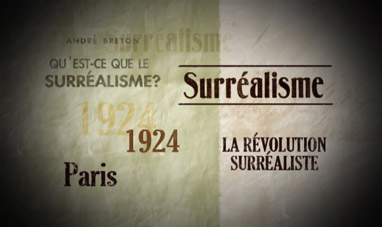

SURREALISM
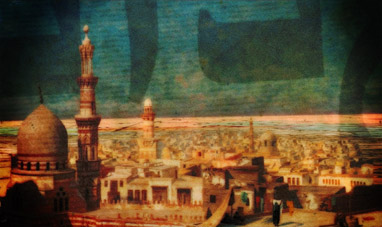

BAGHDAD


CHOCOLATE SALAMI


BRAZIL


SWEET AND SOUR PORK


SHRIMP RISOTTO


EGYPTIAN CUISINE


JAPANESE CUISINE


RIO DE JANEIRO
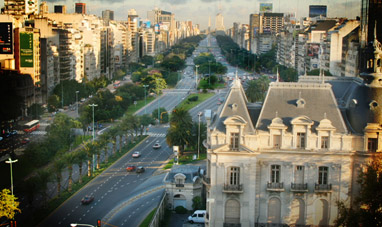

BUENOS AIRES


VITELLO TONNATO


SPANISH CUISINE
